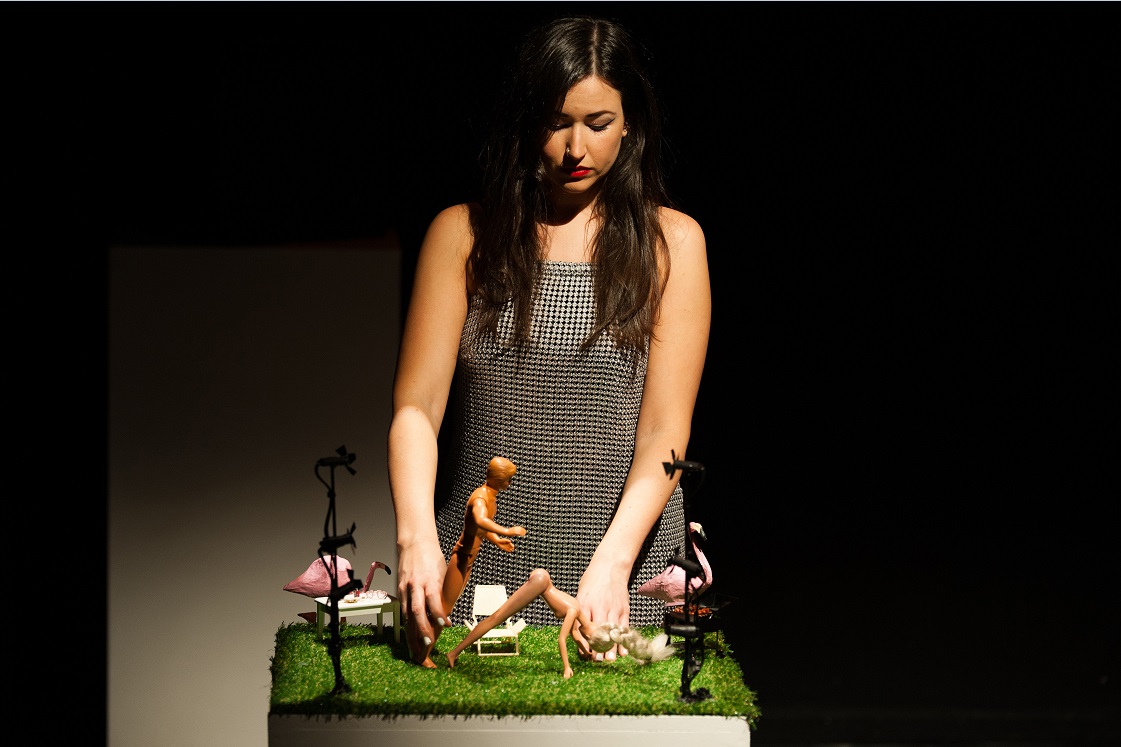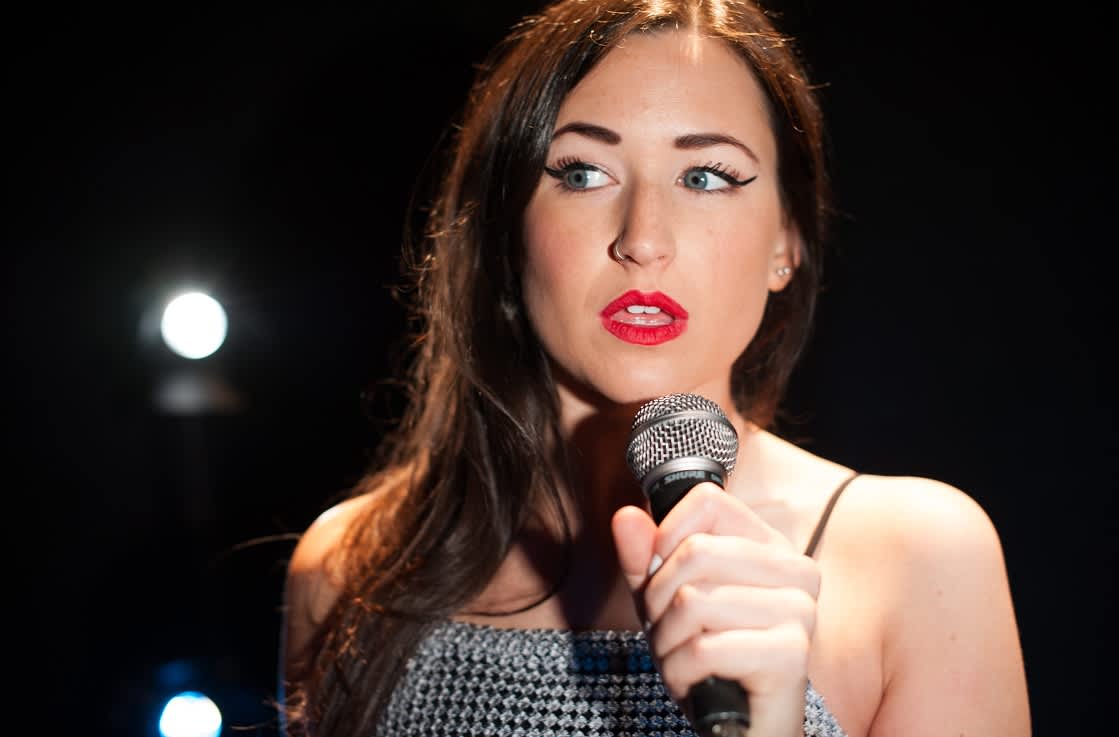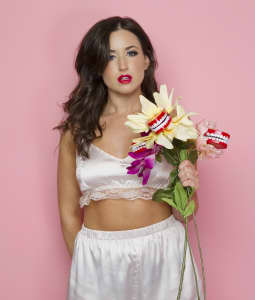Louise Orwin’s vast and speculative exploration of the complexities behind sex, and more specifically, sex after sexual trauma, kept me thinking long after leaving Oxford's Burton Taylor Studio.
The performance appeared to be staged as if it were a sexual experience between Orwin and her audience, revealing the intricacies and complications surrounding every aspect, so before starting, she made sure she had our consent to carry on;
“And what would happen if we didn’t play along?”
“You’d ruin the show,” she bluntly stated.
Louise somehow made me feel uncomfortable but at no point awkward. The topic is a daunting and unnerving one, but the tone was set as if we were all in agreement that it was immensely necessary. She starts by directly quoting the transcripts of the sexual assault victims who she had previously interviewed.

This was only realised when we later heard the clips and recognised what she had already said, so it was immediately understood that she was speaking on behalf of these women. When she later repeats the phrase “this is for me” we all understand that this is in fact, for them too.
Intermittently, between playing out various fantasies with Barbie and Ken, Louise would go and sit back down, and sedately listen to the overlapped audiotapes. This reoccurring part of the show crept in as if she couldn’t help it. The combination of this, and the flickering thoughts projected onto the screen, made me feel like I was inside her mind. I can’t think of a better or more immersive way to explain these feelings to an audience who might otherwise never be able to imagine them.
Towards the end of the show, we saw a major personality shift, from the Barbie doll-like character she displayed herself as, to her reverting back to her real hair, voice and clothes. The lights turned on and we suddenly became more connected to her; I felt that I was looking at a real person for the first time since I sat down. Louise discusses how she is often made to feel like an object and to illustrate this, she behaved as one. She made a perfect transition between her sexual façade and her true self, demonstrating how your sexual fantasies may sometimes contradict your political views.
At the end, she asks for the lights to be turned off so that she isn’t so vulnerable, at this point she directly addresses her rapist. This intense and emotional end to the show felt like Louise was coming to terms with what she had been robbed of. But what I took from the show as a whole, was that she draws the line as to what else they can take.
Oh Yes Oh No tours the UK until 29 November.










